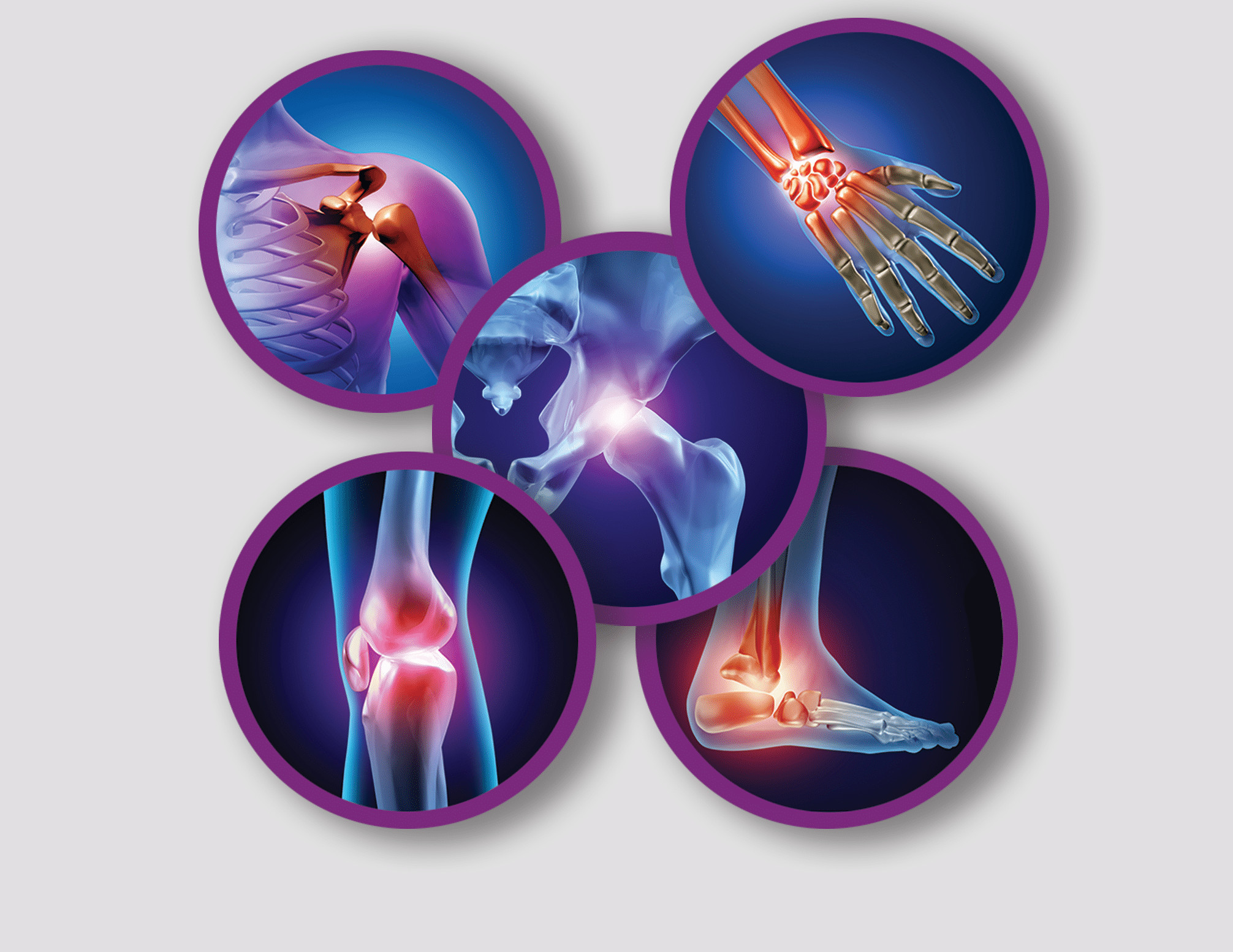THE PROCESS OF AGING
A few key processes occur in the body which accelerate the aging process:
The shortening of telomeres
- Telomeres are structures found at the tail end of chromosomes. In a healthy young individual, an enzyme called telomerase adds length to the telomere which results in normal tissue growth and maintenance over the lifespan of the cell.
- As an individual ages, these telomeres shorten over time – causing disrupted cell growth, reduced longevity, and the promotion of abnormal tissue growth (which may or may not be cancerous).
Loss of hormone production
- Due to the shortening of telomere length, the production of hormones declines as we age. One example is the reduced pineal gland function – which lowers melatonin levels (the hormone that regulates the sleep cycle).
DNA Damage
- Chemicals formed by the body called “reactive oxygen species” can damage the DNA in cells – which can cause the cell itself to die prematurely, promote the formation of degenerative diseases, or lead to mutations which increase the risk of tumor formation.
An uncontroled inflammatory response
- While inflammation is an important part of the immune system for protecting against outside disease (ie. bacteria, viruses) or promoting the healing process after an injury – there are times where the body’s own inflammatory process operates unchecked.
- Signaling molecules from the immune system (ie. C-reactive protein, cytokines) can be inappropriately increased, causing widespread inflammation across the body. Chronic inflammation can lead to disorders such as rheumatoid arthritis, ulcerative colitis, or other diseases.
Common symptoms that occur due to Aging
- Brain fog
- Fatigue
- Poor endurance
- Chronic inflammation
- Difficulties with memory, concentration

Anti-aging – Peptide Support
Anti-aging peptides can:
- Offer anti-inflammatory and antioxidant benefits.
- Remove free radicals that damage and kill healthy cells. This can reduce the risk of degenerative diseases such as heart disease and dementias (ie. Alzheimer disease) and reduce muscle/joint pain.
- Promote healthy blood sugar levels by lowering insulin resistance and metabolic inflammation.
- Help lengthen telomeres, which promote the repair processes of the cell and support its longevity.
- Reverse the aging processes of the cell.
Two examples of anti-aging peptides are: Humanin and VIP
Humanin Peptide
- Humanin is a mitochondrial-derived peptide that also has anti-aging properties.
- In clinical studies, Humanin has been found to:
- Correct mitochondrial dysfunction.
- Improve response to stressors through its anti-inflammatory and antioxidant effects.
- Reverse aging process of the cell (“senescence”).
Clinical Uses – Humanin
- Cognitive support
- Mitochondrial support (aka Energy support)
- Anti-oxidant, anti-inflammatory
- Metabolic Support (ie. Insulin sensitivity)
- Telomere lengthening
VIP (Vasoactive Intestinal Peptide)
- VIP is a neuroendocrine/gut peptide hormone
- In clinical studies, VIP has been found to have a variety of effects, including:
- Anti-inflammatory and neuroprotective effects in the brain
- Promotes healthy gut function, reducing “leaky gut” problems, and improving gut motility
- Restores the circadian rhythm, promoting sleep quality
Clinical Uses: VIP
- Sleep quality (ie. insomnia)
- Gut/motility concerns (ie. chronic constipation, “leaky gut”)
- Chronic inflammation (ie. autoimmunity)
- Cognitive support




